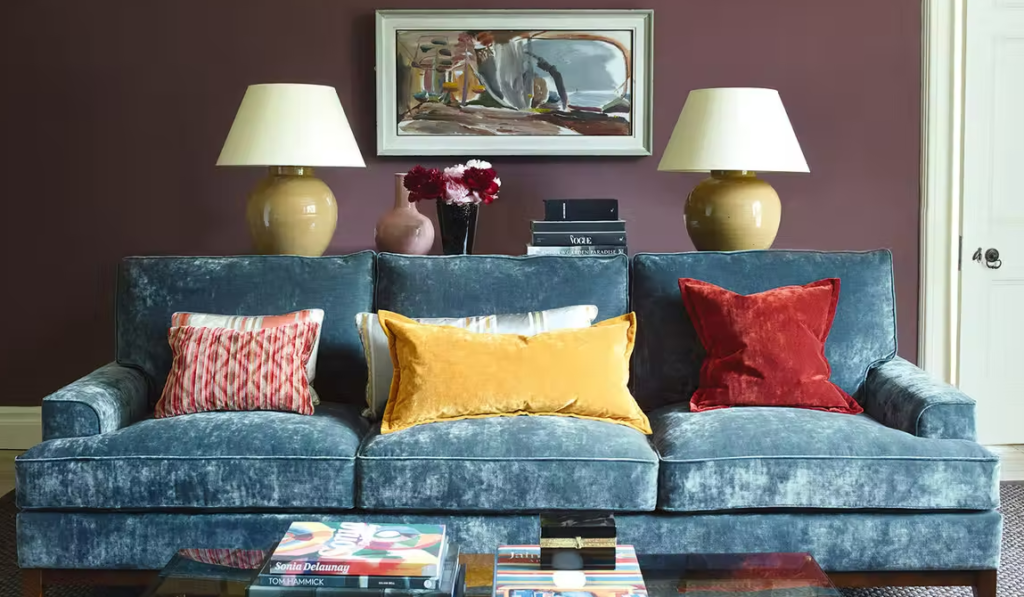Furniture retail sales increased during November on last month but were down against an annual comparison.
According to the latest data from the Office for National Statistics, furniture and lighting retail sales rose 4.8% to £1.29bn from £1.23bn in October. Compared to the previous year, sales were down 9.7% from £1.43bn.
Floorcovering retail sales increased month-on-month, up by 11.7% to £307m from £274.8m. Compared to the same time last year, sales rose by 17.2% from £261.9m.
Retail sales volumes (quantity bought) are estimated to have risen by 0.2% in November 2024, following a fall of 0.7% in October 2024. As for the value (amount spent), this was up 9.7% month-on-month to £43.8bn.
Non-food stores sales volumes – the total of department, clothing, household and other non-food stores – rose 0.2% over the month with a strong positive contribution from other retail sales (not elsewhere specified). This sub-sector rose by 7.9% in November, rebounding from a 7.1% fall in October 2024. Household goods stores rose by 1.1%, with furniture stores having the largest upward contribution to growth.
The amount spent online, known as “online spending values”, fell by 4.3% during November 2024, the largest drop since March 2022. When compared with November 2023, sales values fell by 3.1%. Total spend – the sum of in-store and online sales – rose by 0.3% over the month. As a result, the proportion of sales made online decreased from 27.5% in October 2024 to 26.2% in November, its lowest level since February 2024.
Commenting on the retail sales figures for November, ONS Senior Statistician Hannah Finselbach said: “Retail sales increased slightly in November following last month’s fall. For the first time in three months there was a boost for food store sales, particularly supermarkets. It was also a good month for household goods retailers, most notably furniture shops.
“Clothing store sales dipped sharply once again, as retailers reported tough trading conditions. With November’s retail sales survey covering the four weeks to the 23 November, Black Friday itself will fall within December’s figures. However, our figures account for this shift in timing to give us the best picture of what is happening in the shops.”
Responding to the latest ONS Retail Sales Index figures, Kris Hamer, Director of Insight at the British Retail Consortium, said: “After a positive start to the Golden Quarter, November sales stagnated, with higher energy bills and low consumer sentiment impacting spending. Clothing suffered from a fall in sales, with milder weather putting many off updating their winter wardrobe. Consumers were also holding out for the main black Friday sales week to pick up beauty and electrical deals, which saw their first falls of the year. The final two months of the year account for over one-fifth of all sales, making it a period of vital importance – particularly for non-food. With a weak November performance, retailers will hope that shoppers come out in force in the final days before Christmas.
“Given the shaky start to the festive season, retailers will be looking at the £7bn in new costs from the Budget facing the industry in 2025 with increased concern. Higher employer national insurance contributions, a higher National Living Wage, and a new packaging levy will heap pressure on an industry that is already paying more than its fair share of tax. With sales growth unable to keep pace, retailers will have no choice but to raise prices or cut costs – closing stores and freezing recruitment. To mitigate this, Government must ensure that its proposed business rates reform does not result in any shop paying higher rates than they already do.”















